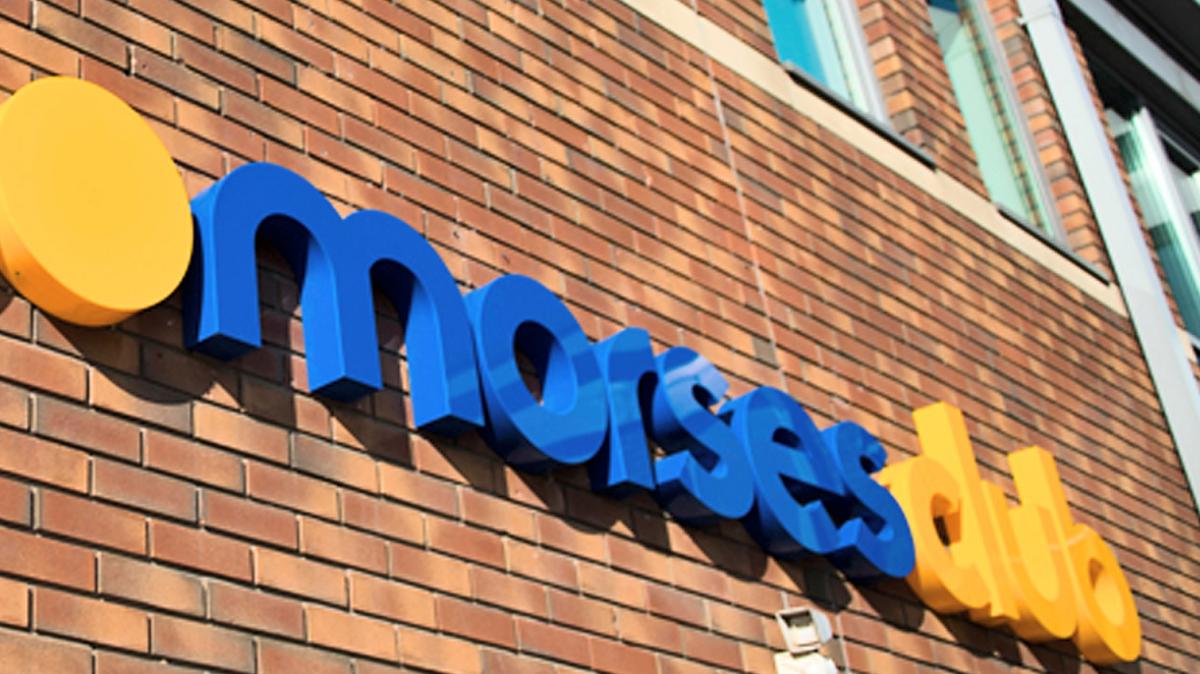Morses Club Claims Rise As CEO Quits

British subprime lender Morses Club has seen its share price nosedive after it slashed its annual profit forecast following a rise in the number of Claims. They also revealed its chief executive had quit his role.
Shares in the Leeds-based doorstep loans provider declined by over 64 per cent to 14.8p on Monday after it informed investors that Paul Smith had stood down with immediate effect after seven years in charge.
Analysts at investment bank Peel Hunt described the results as ‘clearly hugely disappointing news’ and has downgraded its forecasts and recommendation for the financial services group from ‘Buy’ to ‘Under Review.
Morses Club
Morses Club provides small, short-term loans of £100-£1,500, over a loan period of 35 weeks to 52 weeks with an APR of up to 498.34%. Before the recent announcement, they had a market cap of above £60m, however even this was less than half of what it used to be in 2019. Today their market cap is below £20m.
Morses Clubs annual revenue has been around £100m or higher over the last few years, peaking at £125m in 2020. Hundreds of thousands of these short-term loans have been handed out over the last few years.
Surge In Claims
Morses Club revealed in its profits alert that in recent days it was being overrun by claims management companies. This is similar to what happened to sub-prime rivals Provident Financial and Amigo Holdings before it. It is clear that Morses will miss consensus full-year profits forecasts of an adjusted £7.5 million pre-tax. It is now expected to be up to 30 per cent below that.
On the recent surge in claims, Peel Hunt said: ‘There is no clear reason for the increase in recent days and weeks of this activity, but it is clear it has picked up again and is difficult to predict what impact this will have on future profitability.’
It added: ‘The company believed that it had robust processes to protect against claims activity, but this has not stopped the CMCs [claims management companies] pursuing Morses, with the related impact on claims provisions.’
In their latest numbers, The Financial Ombudsman upheld 71% of complaints against Morses Club PLC. If this is reflective of the number of past customers that can claim refunds, Morses Club could end up paying millions back to customers. With annual revenue over £100m for the last few years, the actual number could end up being a lot higher if some of their peers are anything to go by.
Steep rises in customers seeking refunds have caused trouble at other lenders in recent years. Wonga went into administration in 2018 and the owner of Quick Quid (CashEuroNet UK LLC) followed in 2019. More recently Provident Personal Credit has set up a scheme to pay customers a portion of their compensation. Amigo Loans hope to follow in order to avoid going bust. Morse Club, as well as other high-cost lenders, will be eager to avoid the same fate.
Reason For Claims
The main reason for customers seeking a refund is due to irresponsible lending. Irresponsible lending is when lenders offer loans that are unaffordable for the borrower. This means borrowers should be able to afford repayments, as well as their basic living costs, bills and other debts, without further borrowing. So even if they always paid their loans on time, the loan could still have been unaffordable. Especially if the borrower had several loans at the same time or often had to refinance or top-up a loan.
Doorstep Loans are meant to be used to solve a short-term problem. If an individual keeps rolling a loan or repaying one then getting another loan soon after, the lender should have stopped lending to them. Many lenders have been ignoring even obvious signs of problems such as loans increasing in size or borrowing very soon after repayment.
The Chief Executive Sells His Shares
Paul Smith, the Morses Club chief executive since 2005, sold almost £200,000-worth of shares days before a profit warning. This should instantly ring alarm bells. It is highly unlikely the CEO did not know about the impending negative trading update when selling these shares. As such, the selling of his shares would have been based on inside information. An investigation by the Financial Conduct Authority (FCA) into insider trading will likely follow.
Smith is now an ex-chief executive after the trading update announced he has left his role. Shore Capital’s Gary Greenwood stated that the incident is “something that we are sure the FCA will look closely into”. The FCA has already said that it is “aware of these issues”. Awkwardly for the regulator, at the time of the announcement, Smith sat on the FCA’s Smaller Business Practitioners Panel. According to Morses Club, he bought his expertise on “helping to improve the financial lives of underserved and excluded customers”.
The lack of subtlety in Smith’s sale is shocking. Before the trading update was released, Smith thought it was a good idea to sell more than half his holding of 707,072 shares. He sold 464,119 at 42¾p each. The Morses Club board state they received no prior notification of his intention to deal. Smith liked to paint himself as a good guy, warning that without Morses’ loans, the underground loans forced people into much worse. He stated it would cause “county lines drug gangs, shoplifting or prostitution to pay their debts”.
The FCA warn how breaches can lead to unlimited fines or prohibition from regulated firms. They also state that criminal sanctions for insider dealing can incur custodial sentences of up to seven years and unlimited fines. We are yet to hear Smith’s side of the story, but his actions are looking very suspicious at the moment.
What Next?
For many lenders, the first profit warning regarding escalating claims is followed by progressively worse updates. Whether the same will happen to Morses Club is yet to be seen. Investors will be betting that Morses Clubs lending has been more responsible than some of the other high-cost lenders that have struggled to survive.
The sudden departure and sale share by the CEO is not a good sign. This explains the dramatic drop in share price for a company that is still profitable. If the cost of complaints does not dramatically escalate, then the shares are looking quite cheap. Time will tell. Either way, the timing of the shares sale by former CEO Paul Smith will have to be explained. If there isn’t a good explanation, he could be in deep water with the authorities.



